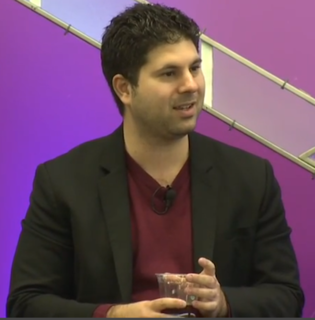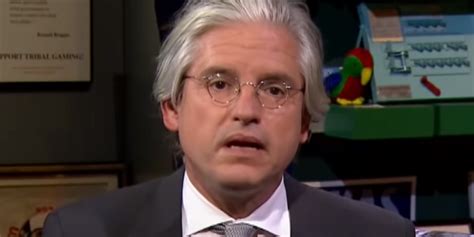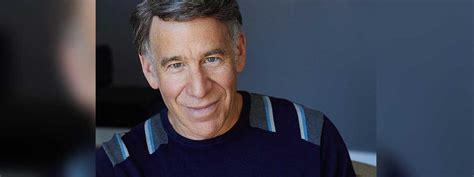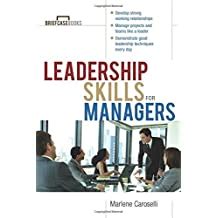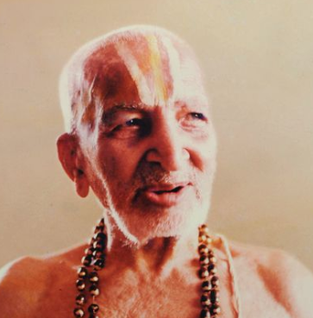A Quote by Eric Maisel
Creativity requires introspection, self-examination, and a willingness to take risks. Because of this, artists are perhaps more susceptible to self-doubt and despair than those who do not court the creative muses.
Related Quotes
Introspection is self-improvement and therefore introspection is self-centeredness. Awareness is not self-improvement. On the contrary, it is the ending of the self, of the “I,” with all its peculiar idiosyncrasies, memories, demands, and pursuits. In introspection there is identification and condemnation. In awareness there is no condemnation or identification; therefore, there is no self-improvement. There is a vast difference between the two.
The refusal to be creative is an act of self-will and is counter to our true nature. When we are open to our creativity, we are opening to God: good, orderly direction. As we pursue our creative fulfillment, all elements of our life move toward harmony. As we strengthen our creativity, we strengthen our connection to the Creator within. Artists love other artists. Our relationship to God is co-creative, artist to artist. It is God's will for us to live in creative abundance.
It requires courage not to surrender oneself to the ingenious or compassionate counsels of despair that would induce a man to eliminate himself from the ranks of the living; but it does not follow from this that every huckster who is fattened and nourished in self-confidence has more courage than the man who yielded to despair.
When hard times come, the greatest danger does not necessarily lie in the circumstances we face, but rather in the way we treat ourselves at the time. Nothing is more dangerous than self-hate. Nothing makes it more difficult to heal or to find the grace of peace than self-attack and the agony of self-doubt.
There is no doubt about it: we are judged by our language as much as (perhaps more than) we are judged by our appearance, our choice of associates, our behavior. Language communicates so much more than ideas; it reveals our intelligence, our knowledge of a topic, our creativity, our ability to think, our self-confidence, et cetera.


